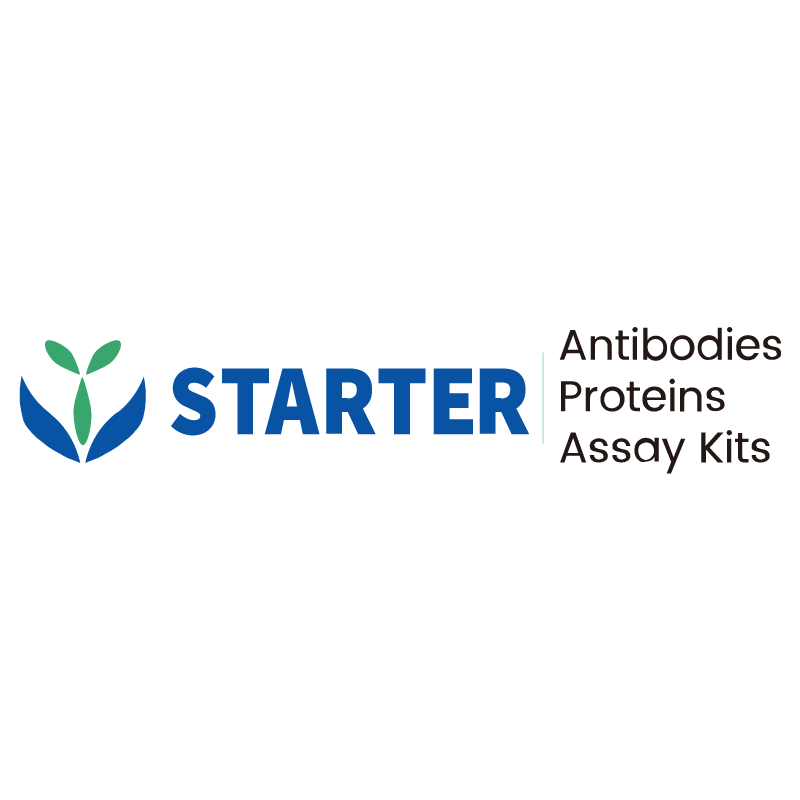2μg(R: reducing conditions)
Product Details
Product Details
Product Specification
| Species | Rat |
| Accession | P20759 |
| Amino Acid Sequence | Protein sequence (P20759, Ala1-Lys326, with C-10*His) AETTAPSVYPLAPGTALKSNSMVTLGCLVKGYFPEPVTVTWNSGALSSGVHTFPAVLQSGLYTLTSSVTVPSSTWPSQTVTCNVAHPASSTKVDKKIVPRNCGGDCKPCICTGSEVSSVFIFPPKPKDVLTITLTPKVTCVVVDISQDDPEVHFSWFVDDVEVHTAQTRPPEEQFNSTFRSVSELPILHQDWLNGRTFRCKVTSAAFPSPIEKTISKPEGRTQVPHVYTMSPTKEEMTQNEVSITCMVKGFYPPDIYVEWQMNGQPQENYKNTPPTMDTDGSYFLYSKLNVKKEKWQQGNTFTCSVLHEGLHNHHTEKSLSHSPGKGGGGSHHHHHHHHHH |
| Expression System | HEK293 |
| Molecular Weight | Predicted MW: 37.6 kDa Observed MW: 45-70 kDa |
| Purity | >95% by SDS-PAGE |
| Endotoxin | <1EU/μg |
| Tag | with C-10*His |
| Physical Appearance | Lyophilized Powder |
| Storage Buffer | Lyophilized from a 0.2 μm filtered solution of 0.2M PBS, pH7.4. |
| Reconstitution | Reconstitute no more than 1 mg/mL according to the size in deionized water after rapid centrifugation. |
| Stability & Storage | 12 months from date of receipt, -20 to -70 °C as supplied. 6 months, -20 to -70 °C under sterile conditions after reconstitution. 1 week, 2 to 8 °C under sterile conditions after reconstitution. Please avoid repeated freeze-thaw cycles. |
Background
Ig gamma-1 chain C region (IGHG1) is considered an emerging prognostic marker. The upregulation of IGHG1 is strongly associated with various malignancies, including colorectal cancer, gastric cancer, prostate cancer, papillary thyroid carcinoma, leukemia, ovarian cancer, and breast cancer. In colorectal cancer, the upregulation of IGHG1 contributes to increased cellular proliferation. MEK-FECH signaling is upregulated in IGHG1-overexpressing colorectal carcinomas. IGHG1 overexpression has also been reported for the induction of epithelial to mesenchymal cell transmission (EMT) in gastric cancer via tumor growth factor beta (TGF-β)/SMAD3 signaling. In prostate cancer, the inhibition of IGHG1 is linked to the suppression of MEK/ERK/c-Myc signaling, leading to reduced malignant growth. The increased expression of IGHG1 in breast cancer cells activates AKT and vascular endothelial growth factor (VEGF) signaling, leading to enhanced cell proliferation, invasion, and angiogenesis. IGHG1-silencing can suppress the neoplastic characteristics of breast cancer cells in vitro and suppresses tumor growth in nude mice.
Picture
Picture
SDS-PAGE


